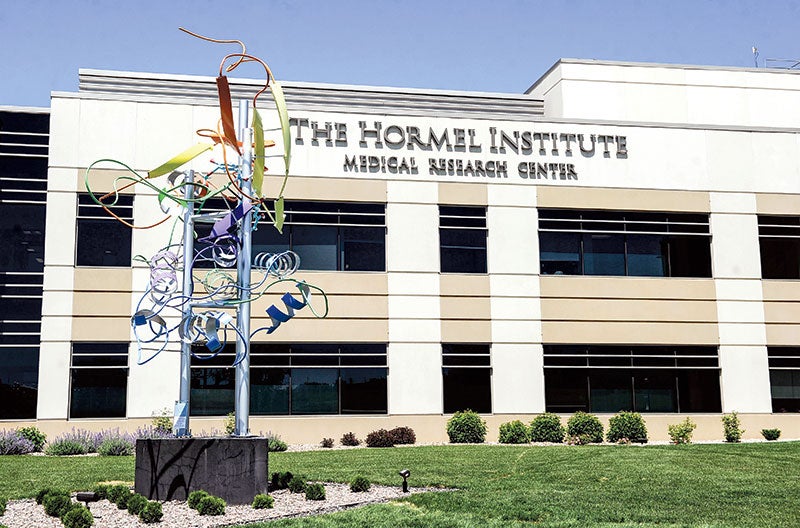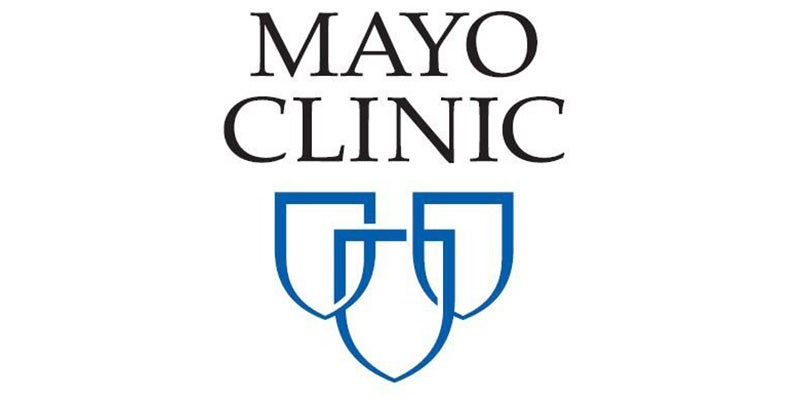Hormel Institute finds milk thistle may restrict skin cancer growth
Published 10:12 am Tuesday, May 21, 2013
Researchers at The Hormel Institute have discovered that an anticancer agent in milk thistle significantly restricts the growth of melanoma, a deadly form of skin cancer afflicting millions worldwide.

The Hormel Institute’s findings on restricting skin cancer growth through milk thistle is the cover article in Cancer Prevention Research. — Photo provided
The discovery, made by a research team led by Executive Director Dr. Zigang Dong, is featured on the cover of the May 2013 edition of Cancer Prevention Research, a publication by the American Association for Cancer Research, a leading cancer research journal.
Silybin, a natural anticancer agent also known as silibinin, is a major bioactive component of the milk thistle plant and has long been used for preventing allergies and liver damage. Several studies have shown silybin’s chemopreventive and/or chemotherapeutic effects against various cancers, including colon, prostate, bladder and lung cancers.
A direct molecular target for silybin, however, had never been identified until researchers at The Hormel Institute revealed silybin’s molecular targets while investigating its effect on melanoma cell growth. Their study found silybin weakened melanoma growth.
“These research findings are especially significant because, although many common cancers are declining, the incidence of melanoma continues to rise at an estimated rate of 3.1 percent annually,” Dong said.
Skin cancer is the most common form of cancer in the U.S. Melanoma — the most aggressive form of skin cancer — accounts for 75 percent of skin cancer deaths.
With this study, researchers used The Hormel Institute’s supercomputer technology to identify a potential inhibitor of a signaling pathway in the body that is an important trigger for melanoma survival, growth and proliferation, Dong said. Thus, developing drugs that target multiple components of this signaling pathway could reduce the incidence and mortality of melanoma skin cancer, he said.
Silybin and other chemopreventive and/or chemotherapeutic agents with multiple gene targets hold promise in developing effective anticancer drugs, Dong said.




